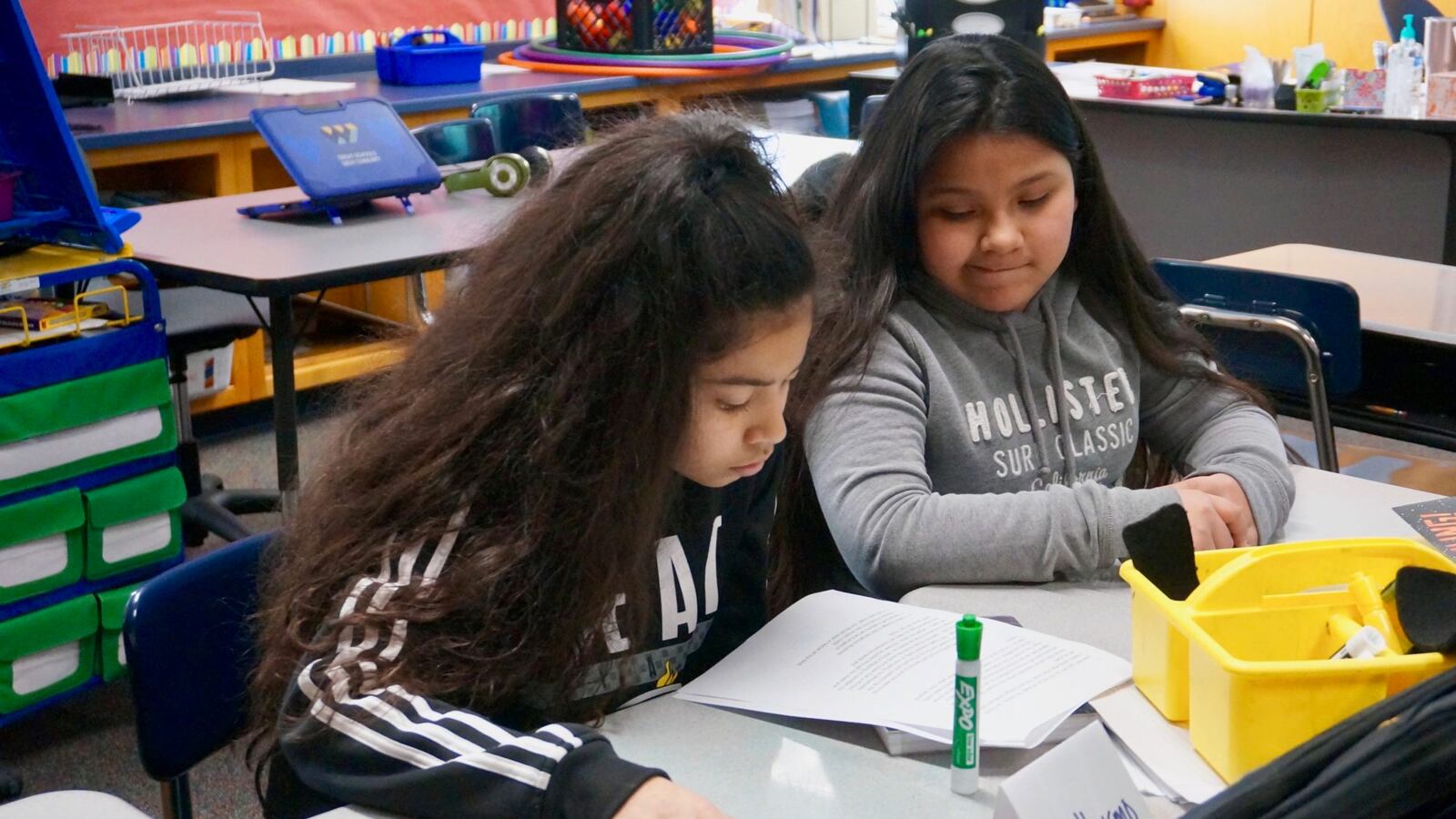Ten Indiana school districts are asking voters to increase funding for education this May, the latest sign that many school systems now rely on referendums to supplement the money they receive from the state.
Five of the districts seeking additional operating funds, including two in Marion County, are returning to voters after winning previous tax measures. Three districts are making their first requests. If voters approve property tax increases, the money can be used for a host of expenses, including to boost teacher salaries, fund special programs, or keep existing budgets afloat despite declining revenue.
Two districts outside Marion County are seeking capital referendums to help pay for building improvements.
After an overhaul of education funding a decade ago, Indiana schools became largely reliant on state money for operating expenses, with local money primarily paying for transportation and facilities. But cash-strapped districts frequently appeal directly to residents to increase property taxes and send more money to schools. Last November, 10 school districts held referendums, most of which passed, according to data from Indiana University’s Center for Evaluation and Education Policy. They include Indianapolis Public Schools, which passed two referendums after a hard-fought campaign.
At least two other Marion County districts, Beech Grove and Lawrence, plan to seek referendums in November.
In an odd turn, both Marion County districts with referendums on the ballot in May are asking for tax increases before prior measures expire. One of Indianapolis’ largest school districts, Wayne Township, won support for a referendum four years ago. The tax measure now raises about $10 million each year for the westside district, which enrolls more than 16,000 students.
But in the face of declining state revenue for students in poverty and stagnant property tax income, that money is not enough, said Superintendent Jeff Butts, who has led Wayne for eight years. To make up for the funding shortfall, the district will ask voters to approve a second referendum, also raising about $10 million each year, that overlaps with the first. Combined, the district would receive about $20 million annually for four years before the first tax measure expires.
For Wayne homeowners, the tax increase would depend on property value. It would raise taxes by up to 35 cents for every $100 of assessed property value. For a home worth $100,000, that would increase taxes by about $115 per year, according to the district calculator.
If the district doesn’t win the vote, it would likely cut several popular programs, including preschool, a small high school that allows students to earn college credits, and alternative program that helped over 100 students graduate last year, Butts said. In total, the district would cut about 165 positions if the referendum doesn’t pass, he said.
“The question for our community is, do we want to continue to offer these programs?” Butts said. “If so, our local community needs to support them since the state is not.”
The neighboring Decatur Township school district, which serves just under 7,000 students, is also seeking a second referendum. But unlike Wayne, the tax increases wouldn’t overlap, said Superintendent Matt Prusiecki. Instead, the new referendum would replace one that was originally passed in 2014.
Decatur has seen a surge in development and home values since the existing measure was passed, and it raises significantly more money than originally anticipated, Prusiecki said. The replacement tax rate would be slightly lower, bringing in about $5.3 million per year, but it would continue for eight years, extending the timeline.
In Decatur, the lowered tax would raise up to 29 cents for every $100 of assessed property value. For a home worth $100,000, that would increase taxes by about $95 per year, according to the district calculator.
By asking for a new referendum before the 2014 one expires, Prusiecki hopes to avoid the threat of painful cuts if the tax measure fails, he said. If it doesn’t win support, he plans to go back to voters and try again.
“I’m trying just to have some foresight and play things safe for the benefit of everyone,” Prusiecki said. “Why do I want to wait until we’re on the edge of the cliff?”
The election is May 7. Here are the 10 districts seeking tax increases.
Operating referendums
Duneland School Corporation, Porter County
Elkhart Community Schools, Elkhart County
Franklin Community School Corporation, Johnson County
Frontier School Corporation, White County
MSD Decatur Township, Marion County
MSD Wayne Township, Marion County
River Forest Community School Corporation, Lake County
Plymouth Community School Corporation, Marshall County
Capital referendums
DeKalb County Central United School District, Steuben County
Hanover Community School Corporation, Lake County
Correction: April 3, 2019: An earlier version of this story did not include the Plymouth Community School Corporation among districts seeking tax increases.


